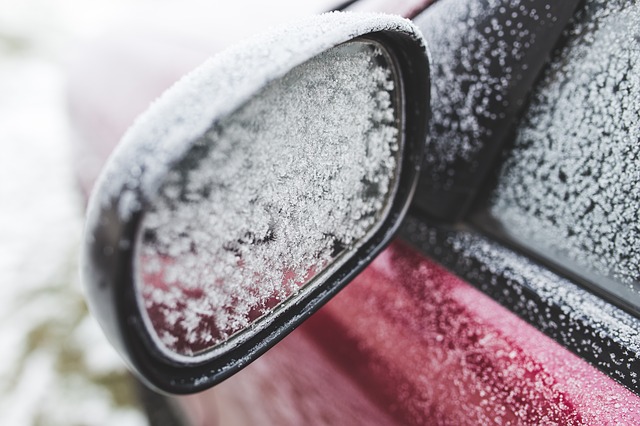With all of the nasty winter weather we’ve been getting lately, your car is taking a beating. Cold temperatures can do a number on your car battery, your windshield wipers, and even your car’s interior. Don’t let winter get the best of your car with these helpful winter car tips:
Buy a great battery. Car batteries are rated for cold-cranking amps, or the amount of current a battery can provide at below freezing temperatures. Ensure that your car battery is rated at least 600 cold cranking amps. If your current car battery is rated below 600, it is recommended you upgrade your battery so your car can handle the cold and keep you mobile this winter.
Buy great wiper fluid. As the roads are covered with ice, salt and grime, you can bet some of that is going to splash up onto your windshield. Ensure your car is stocked with wiper fluid that is rated to at least -25 degrees so it won’t freeze onto your windshield when you use it. There are a variety of brands that carry “all-year” wiper fluid, and they cost about as much as the standard fluid. Invest in the best to withstand the cold.
Keep your interior dry. Remove your soaked interior car mats after a day of driving. Leaving the mats in the car over night allows the snow on them to melt, creating moisture that could cause a problem come the morning hours. If this moisture is left in the car, your windows could ice up as the car heater evaporates the snow and water.
Change out your spark plugs. Spark plugs are responsible for forcing electricity to arc across a gap, ultimately igniting the fuel and air mixture that allows your car to move. It is recommended that spark plugs be changed before the start of every winter. When changing your spark plugs or working on any other functional part of your car, be sure to wear protective quality work gloves.
Change your oil and air filter. Frequently changing your oil in the winter is recommended, especially if a majority of your travel is stop-and-go. Dirty oil can cause issues with how a car runs in the colder months, but changing your oil regularly will help protect your car’s engine and allow it to run better.
Check the exhaust system. Leaks in the exhaust, especially carbon monoxide leaks, can be deadly. It’s important to check for exhaust system leaks, as these fumes will travel directly into your car. It is also important to check for small holes in your cars floor boards and trunk space to ensure there are no chances of these harmful fumes entering your car.








